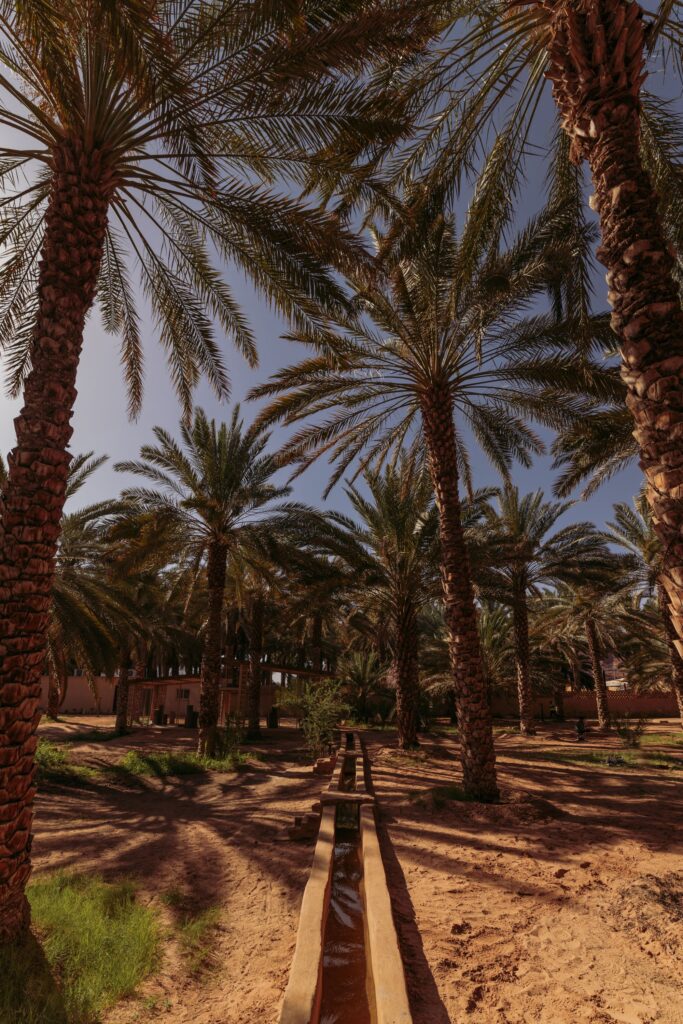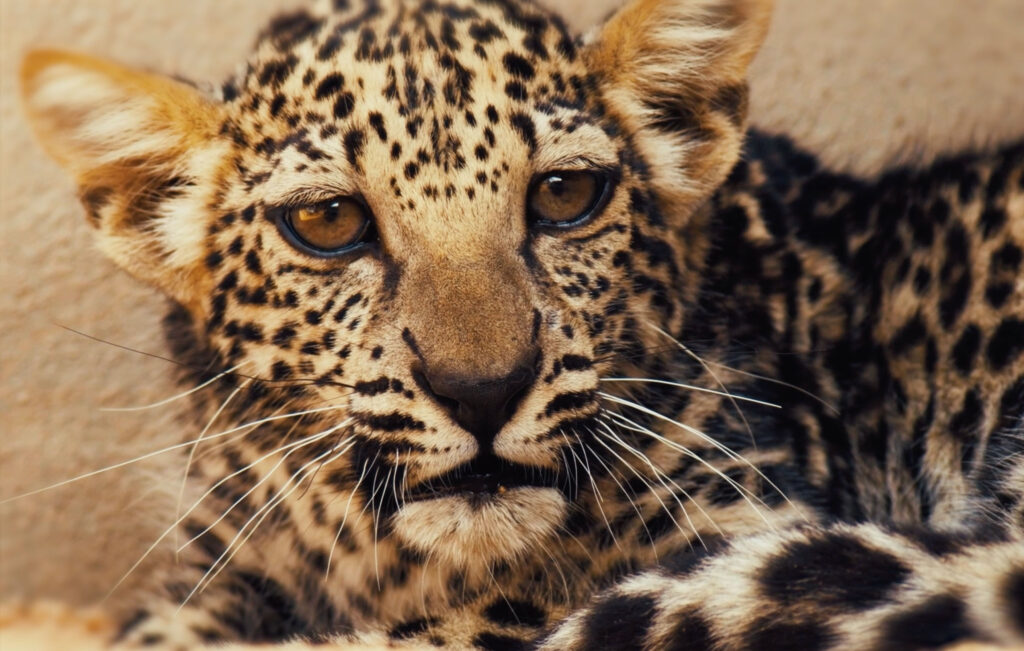The Royal Commission for AlUla to share conservation insights at Saudi Green Initiative, COP28 conference in Dubai

The Royal Commission for AlUla (RCU) is set to play an active role in the upcoming Saudi Green Initiative (SGI) and COP28 events in Dubai. By sharing its conservation lessons from the regeneration of AlUla County in north-west Saudi Arabia, RCU aims to contribute to the global search for solutions to climate change.
KEY HIGHLIGHTS:
- RCU’s comprehensive environment and sustainability efforts will be featured in the SGI Gallery.
- RCU will participate in the Saudi Pavilion at COP28, focusing on sustainable tourism.
- RCU leaders will engage in key discussion sessions alongside other global change-makers.
The SGI Gallery and COP28 are running concurrently from 30 November to 12 December. The affiliated SGI Forum will be a one-day event on 4 Dec. At these events government officials from across the world, as well as representatives from civil society, will gather in Dubai to tackle the global challenge of climate change.
In the Saudi Pavilion at COP28, and at the SGI Gallery and Forum, the Kingdom will be sharing its commitments and achievements to overcoming environmental challenges through measurable action, delivering on the SGI targets of reducing emissions, greening Saudi, and protecting land and sea.
The environment and sustainability efforts that RCU will showcase are founded on its commitment to the principles of the AlUla Sustainability Charter, which include:
- Light-touch tourism
- Circular economy
- Resilience

Waleed AlDayel, RCU’s Chief of Strategy and Digital, said: “RCU’s sustainability strategy is restoring the power of nature’s balance in north-west Saudi Arabia. This comprehensive strategy will enable us to achieve net zero carbon for local emissions in AlUla by 2035 and contribute to the wider climate goals of the Kingdom. We look forward to sharing our lessons with the world.”
By translating the AlUla Sustainability Charter into action, RCU is implementing an integrated, regenerative approach that unites environment and sustainability policies, plans, and practices. AlUla is an Arab Environment Capital 2023 nominee and has concluded development of eight sets of guidelines to support the delivery of planning outcomes based on the charter, which eventually will serve as public policy instruments.
AlUla’s environment and sustainability sector employs a multidisciplinary and innovative approach that promotes environmental, cultural, social, and economic sustainability through globally recognised best practices.
From waste and water management strategies to increased implementation of renewable energy, only a holistic approach will enable AlUla to deliver on its local commitments to support national and global climate goals and become a sustainable tourist destination. To track and monitor these extensive activities, RCU has conducted its first Environmental, Social, and Corporate Governance (ESG) Maturity Assessment, is developing an Environmental and Sustainability Compliance Assurance Program, is conducting Strategic Environmental Assessments, and will publish a comprehensive Sustainability Report.
RCU’s environment and sustainability efforts also include restoring AlUla’s ecosystem from the grassroots up to raise vegetation cover and reduce land degradation. Vegetation is the literal grassroots of an ecosystem, and RCU’s re-greening efforts include direct planting as well as policies and management controls enabling nature to revive itself, innovative ecological restoration technologies piloted at Sharaan Nature Reserve, extensive efforts to save Acacia trees, the revival of AlUla’s Cultural Oasis, and delivery of a plant nursery and seed bank.

Finally, RCU’s restoration of the power of nature’s balance extends to biodiversity and wildlife habitats. Key measures include the development of a Mitigation & Ecological Compensation Programme, establishing and managing nature reserves, and monitoring flora and fauna to enable biodiversity conservation planning. Additionally, RCU carries out captive breeding, environmental assessment, and habitat restoration, with the restoration efforts to bring back the Arabian Leopard, which is critically endangered in the wild, as a prime example.


Comments are closed.